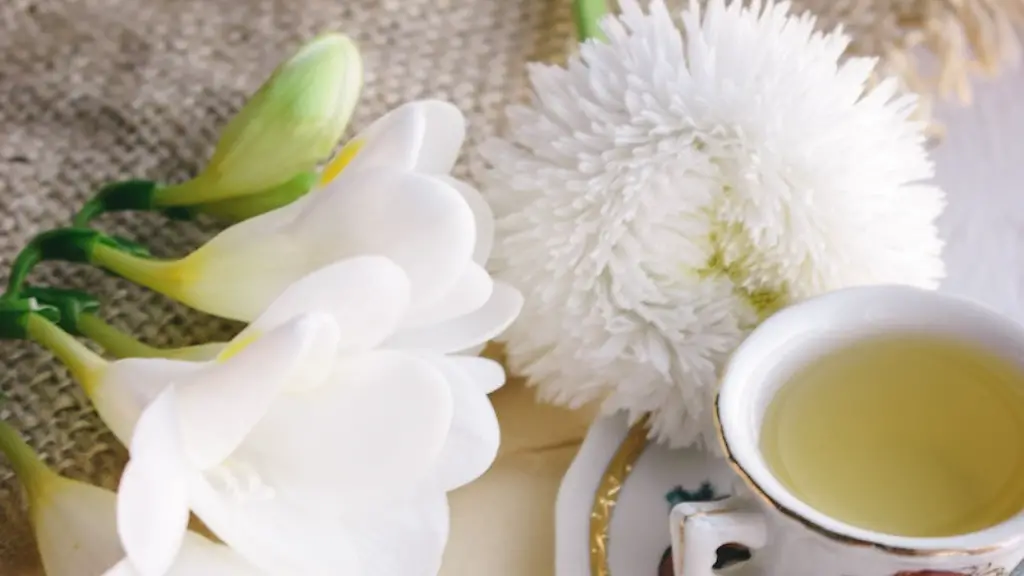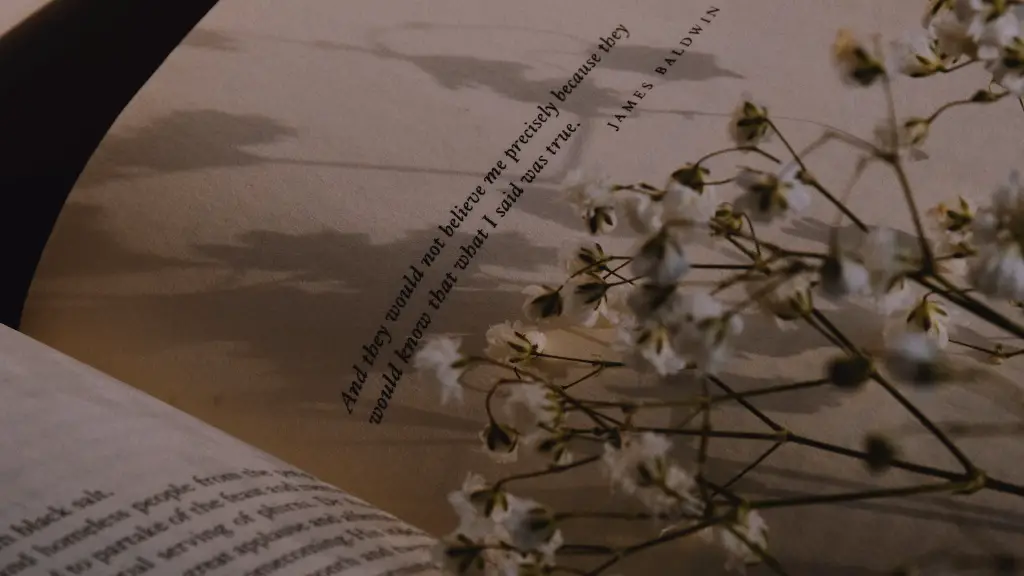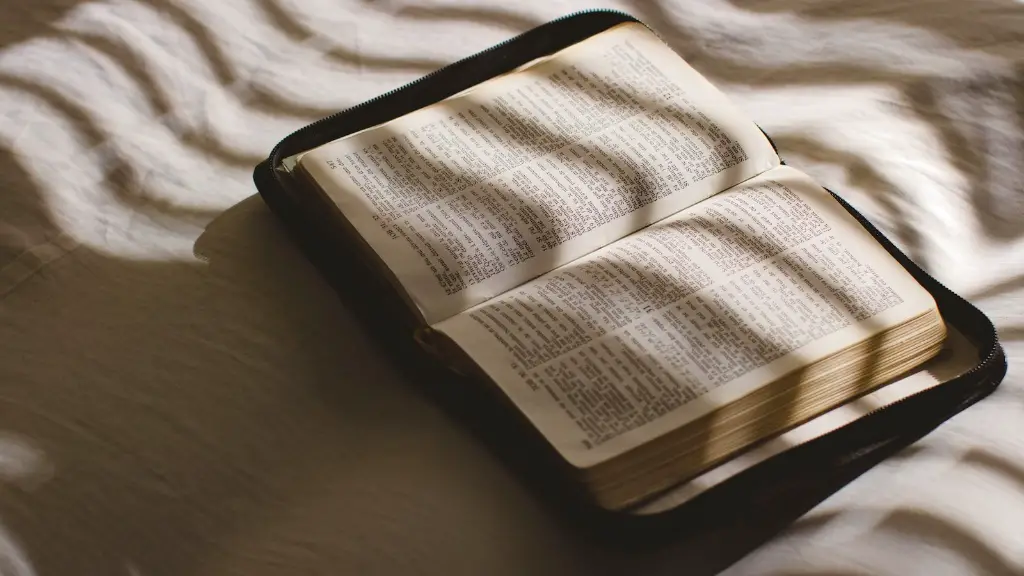Introduction:
Modern African poetry is a powerful and vibrant form of expression. It speaks about the culture, identity and struggles of Africans as well as the joys and triumphs of life. Through these poems, poets can explore their perspectives on contemporary issues, from global socio-political shifts to their personal experiences of living in African countries. This form of poetry is often infused with traditional African sounds, rhythms and instruments, allowing poets to reach into their own unique culture to create powerful and beautiful works of art. By examining the rise of modern African poetry, readers can get a better understanding of one of the most influential forms of African expression.
History of Modern African Poetry
Modern African poetry has a long and colourful history. It began in the late 19th century during the period leading up to and after the Scramble for Africa when African countries began to gain their independence from the colonial powers of Europe. In this period, African poets began writing about the social and political changes happening in their countries, and their work often had strong nationalistic and anti-colonial themes. Later, during the era of independence, poets like Leopold Sedar Senghor and Chinua Achebe continued to address issues of identity and colonialism through their literature.
In the decades since, modern African poetry has continued to evolve and take on new forms. For example, the poetry of Ghanaian poet Kofi Awoonor often reflects his personal experiences of the political unrest in his country, and the work of South African poet Mallory Kloppers speaks to her experiences of growing up and living in apartheid-era South Africa. There is also a growing body of African rap and spoken word poetry, which is often infused with traditional elements like storytelling and music. This form of poetry is incredibly powerful, and often used as a form of protest and activism.
Themes in Modern African Poetry
Modern African poetry often touches on themes of identity, culture, heritage, politics, and the struggles of daily life. Poets often explore their African roots and traditions, as well as the present-day political and cultural shifts in their countries. They often use their work as a form of protest and expression of their personal views on the issues facing their communities. Additionally, they often draw on traditional African elements, such as storytelling and music, to create a unique and powerful form of expression.
One of the most significant themes found in modern African poetry is the concept of ‘Ubuntu’. This term, which is derived from the Bantu languages of Southern Africa, roughly translates to ‘humanity towards others’. This theme is best captured in the work of poet Lesego Rampolokeng, who wrote about the need for understanding, compassion and unity. Similarly, Alfred Kubin’s poetry often speaks to the importance of solidarity and courage in the face of adversity.
Forms of Modern African Poetry
Modern African poetry often defies traditional forms and structures, often incorporating traditional African elements such as storytelling, drumming and speech. This form of poetry is often written in a mishmash of languages, including English, Kiswahili, French and indigenous African languages. It is also often fused with music and other traditional African instruments, creating a powerful and unique form of expression. Additionally, rap and spoken word have become increasingly popular forms of modern African poetry, with many African rappers and spoken word poets speaking to contemporary issues facing their communities.
Notable Poets of Modern African Poetry
There are many notable poets of modern African poetry. Leopold Sedar Senghor and Chinua Achebe are often seen as the progenitors of modern African poetry, as they were the first to explore themes of nationhood and identity in their work. Similarly, Kofi Awoonor’s poetry speaks to the personal and political issues of his country, and Mallory Kloppers often speaks to her personal struggles in South Africa. Other notable poets of modern African poetry include Stanley Gazemba, Elisabeth Jackson, Akinwande Ogwudire, Maaza Mengiste, and many more.
Impact of Modern African Poetry
Modern African poetry has made a significant impact on African culture and society. Through their work, African poets can provide insightful perspectives on the issues facing their communities. Additionally, their work often serves to unite African people and provide a sense of identity and belonging. This is especially the case with rap and spoken word, which is often used as a form of protest and activism. By engaging in these dialogues, modern African poetry has been able to draw attention to the struggles facing African people, and to celebrate the beauty of African culture.
Modern African Poetry and Popular Culture
Modern African poetry has also made an impact on popular culture, with many African poets reaching a global audience through social media and other forms of digital media. For example, Afrobeat artist and rapper Fela Kuti often incorporated poetry into his music, drawing attention to the cultures and struggles of African people. Similarly, rapper and spoken word artist Akala often uses his music to address political and social issues, such as race and gender inequality. This has provided African poets with a platform to reach a much wider audience, and to share their work with the world.
Conclusion of Modern African Poetry
Modern African poetry is an incredibly powerful form of expression, which speaks to the history, struggles, joys and triumphs of African people. Through their work, African poets are able to provide insightful perspectives on contemporary issues, and to connect with a global audience. It is also a form of protest and expression of identity, allowing African poets to speak to their own unique experiences. By understanding this form of poetry, readers can get a better understanding of the culture, heritage and identity of African people.


